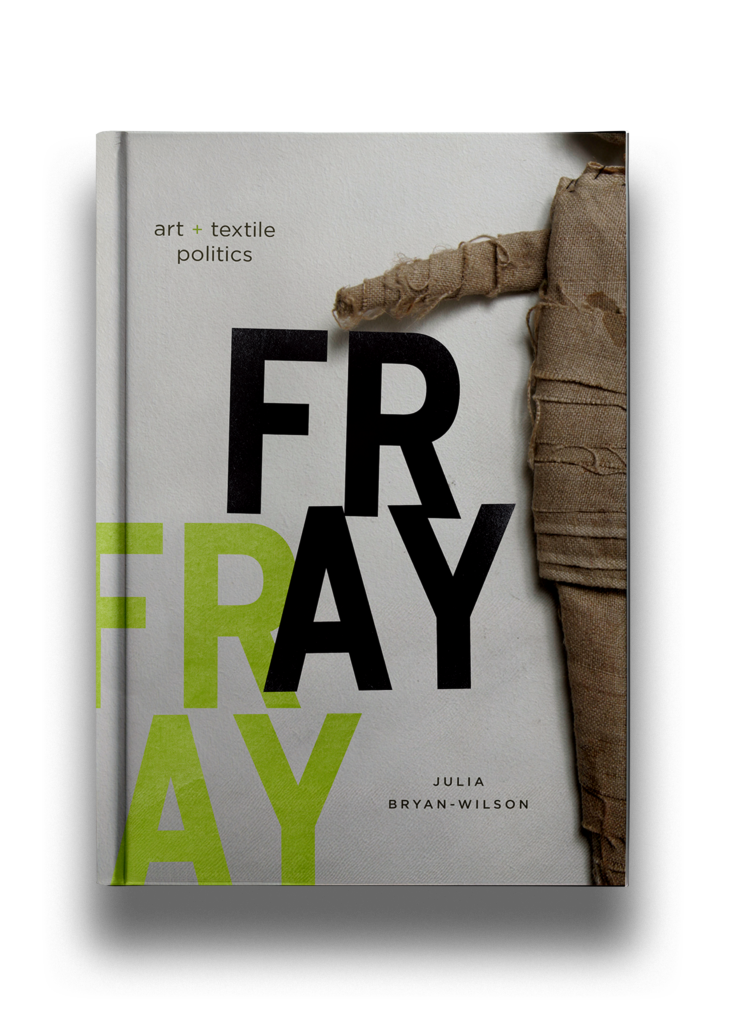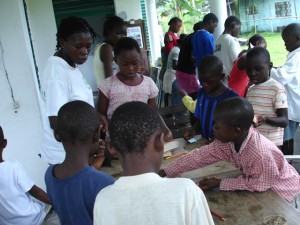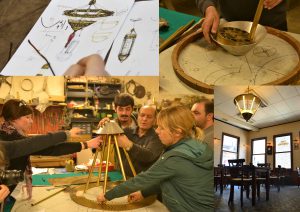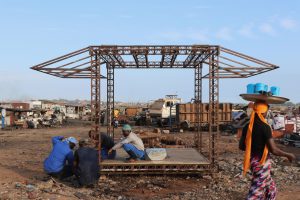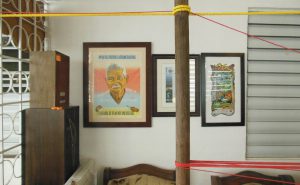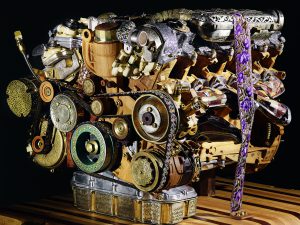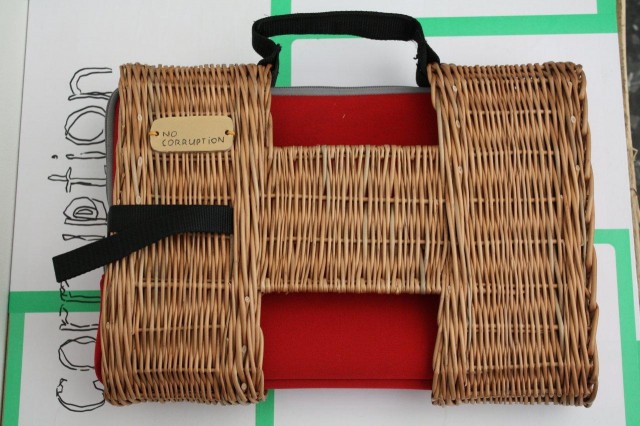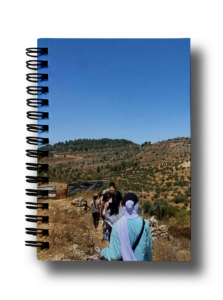Year
2017
Publisher
University of Chicago Press
Author
Julia Bryan-Wilson
Annotation
Fray: Art and Textile Politics presents a brilliant account on the multiple intersections of textile and activism from a feminist perspective. Julia Bryan-Wilson departs from her own biography and the memory of her feminist mother wearing a ‘Ladies’ Sewing Circle and Terrorist Society’ T-shirt, to construct a genealogy of amateur and professional, feminist and queer creative practices that reclaim the political agency of fibre, textiles, knots, tapestries and quilts.
Miguel A. López
Amateur textile craft in the main falls outside the scope of contemporary art, which is increasingly comfortable with assessing the exceptionalism of self-trained or 'outsider artists' such as Judith Scott (evermore folded into the apparatus of auction houses and art magazines) but is less able to critically account for the tremendous amount of making generated by those termed, in a telling phrase that equates amateurism with non remunerative textile politics leisure time, 'Sunday makers'. In recent decades, textiles have provided a unique challenge to these divisions as more self-trained crafters are absorbed into the art market; the traveling exhibits and coffee table books featuring the African American quilters of the rural Alabama hamlet Gee’s Bend are a signature example. Yet such instances expose some of the fault lines of fine art / non–fine art dynamics, bringing to the fore extraordinarily fraught questions about race, cultural appropriation, valuation, and class disparity.
